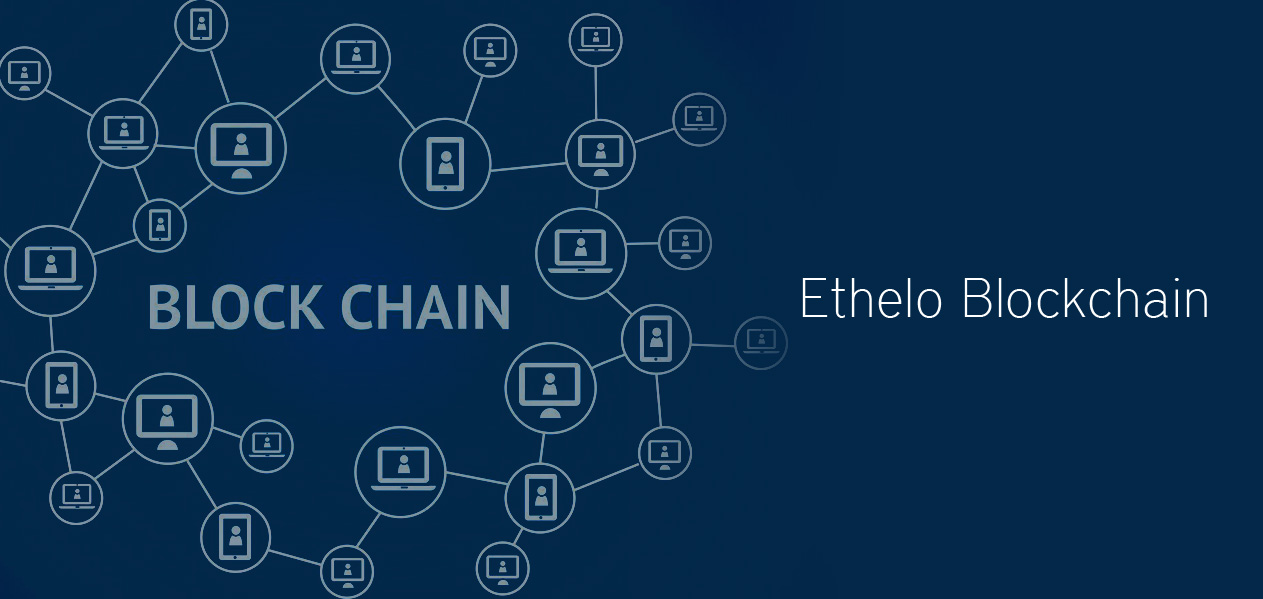More Than Money: While bitcoin is seeing steady decline, blockchain, the technology behind it, is only growing
For months, talk around bitcoin and so called cryptocurrencies has dominated the financial and technology sectors. Last year, the value of bitcoin reached an all time high at more than $16,000 for an individual coin and even those unfamiliar with tech or finance wanted in on the action. It was quite the feat considering bitcoin had been valued at only $1,000 just nine months earlier.
But since the start of the new year, bitcoin’s meteoric rise has come to a halt. The oft buzzed about cryptocurrency hit a six-week low in January and the value of the coin has dropped as low as $7,000.
As a result, many are heralding the end of the mysterious and misunderstood cryptocurrency. But while it’s star wanes, the technology behind bitcoin — blockchain — is just getting started.
In addition to disrupting the financial world, blockchain technology is being used in numerous industries from healthcare to education. Last month, Coindesk, a website that specializes in covering all things blockchain, reported that Apple Inc. recently filed for a patent that indicates the company is interested in blockchain technology. This move from the technology giant is a sign that more widespread use of blockchain is on the horizon.
Blockchain is essentially an irrevocable ledger. Data or any kind of information stored on this ledger is stored on blocks which are linked. The data stored in the blocks is dependent on each block in the chain and can only be altered if all the blocks are altered.
Recognizing the power of this revolutionary technology, Ethelo is moving toward integrating blockchain in our group decision-making technology. In the spring of 2018, we will be publishing Ethelo on Ethereum as a Distributed Voting App and Oracle.
Ethereum is an open-source, public, blockchain-based platform and operating system. With this technology, we’ll be able to store votes and other decision-critical information generated through Ethelo engagements on the blockchain.
There are alot of benefits to integrating Ethelo with blockchain. By design, data stored via blockchain is more secure than other digital storage infrastructure because it contains a high level of encryption. That’s because the data is decentralized. Data stored on the blockchain is also safe from falsification because one block cannot be altered without altering all blocks on the chain.
Blockchain also allows for an increased amount of transparency because the data is held on open-source platforms. This means that decision-making processes conducted using blockchain will be open to the public, allowing for a greater level of trust between the parties involved.
With the integration of blockchain, Ethelo could be used for decision making in a wide variety of industries including in the financial market, to make investment decisions. One of the main draws of blockchain are smart contracts. These contracts can be executed directly between two parties without the need for a middleman. They’re ratified via the blockchain. Ethelo’s platform can be used to make a wide range of decision and by integrating smart contracts, users would be able to evaluate several different contract scenarios before agreeing to one.
And blockchain simplifies these processes because transactions conducted with blockchain technology are automatic. It’s designed with “if X then Y” execution scripts.This can greatly reduce the amount of time it takes involved parties to reach a conclusion and for the results of decision-making engagements to be released.
Ethelo isn’t exactly the first decision-making platform to integrate blockchain, but unlike other platforms, Ethelo’s powerful and unique group decision technology will make it an important player in the development of smart contracts and other consensus-based decision-making for the many new initiatives that are developing around blockchain technology.
